Market Analysis
In-depth Analysis of Filling Machines Market Industry Landscape
The filling machines industry is a fast-changing sector influenced by various factors that shape its market dynamics. One of the main drivers for this sector is the increasing demand for efficient and automated filling processes across industries. The adoption of filling machines becomes crucial as businesses seek increased productivity and cost-effectiveness. In terms of filling machine market dynamics, technology has always been at the forefront in shaping these dynamics and will continue to do so in the future. Manufacturers are constantly innovating to develop machines that are not only faster but also more versatile and user-friendly. This includes the integration of smart technologies like automation and digital controls, which has become a major trend today; among other things, it can make operations more efficient or optimize performance during real-time monitoring. Another important factor influencing the market dynamics is the move towards sustainability and environmentally friendly practices. Filling machines that support sustainable packaging initiatives with low material wastage are gaining popularity as companies strive to minimize their ecological footprints. Some environmentally safe solutions have been developed, such as those enabling the use of recyclable materials accompanied by responsible mannered packing systems, such as the machine-making process." "Globalization," she adds, "and industrial expansion across borders have contributed to the dynamic nature of the filling machines market." Manufacturers have had to change their equipment specifications based on local requirements since different areas impose some rules on production specifically tailored for their markets. Notably, fillings need to be suitable for all types of products no matter what kind viscosity they have or if there are different sizes packaging format either because it will help meet demands made upon them within global context due cultural diversity prevalent multinational corporations." The dynamics of the filling machines market are shaped by market competition. This involves multiple manufacturers who fight for their share of the market, leading to continuous innovations and differentiation. Furthermore, regulatory standards and compliance requirements are other factors that contribute to these dynamics. Companies producing filling machines should make sure they meet industry-specific regulations and quality standards. The food and beverage industry's expansion and increased demand for pharmaceutical products have largely contributed to the growth of the filling machines market. Such industries need filling machines that can handle a wide range of goods, such as liquids, creams, powders, etc., without compromising on safety or hygiene standards. Consequently, it is expected that these sectors will experience an increase in demand for more complicated fillers, further amplifying these trends.


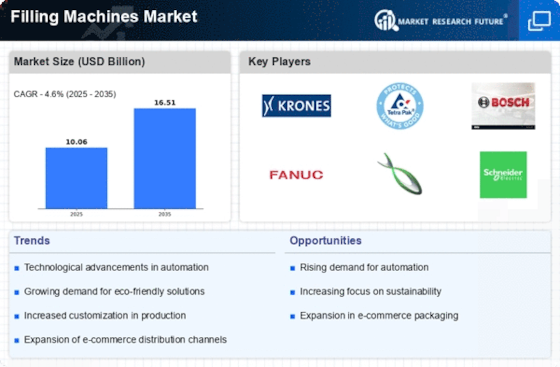
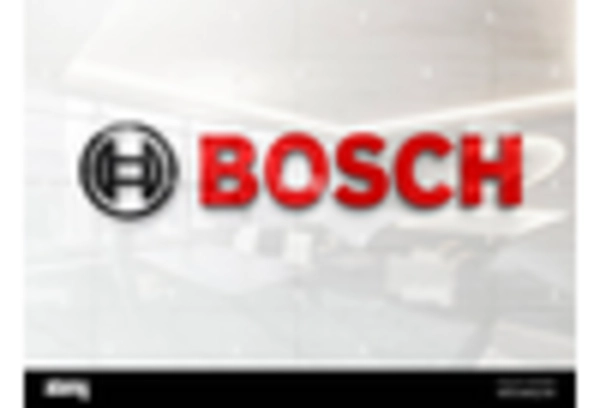
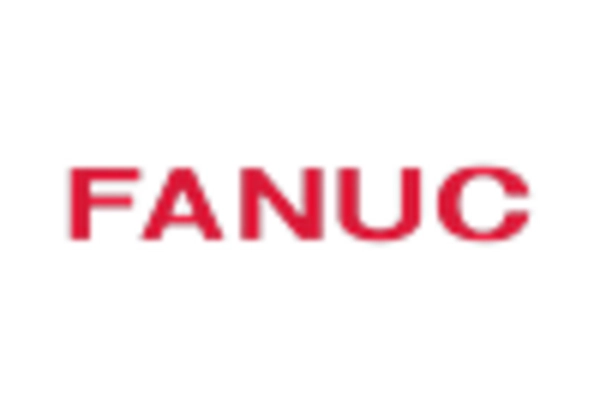
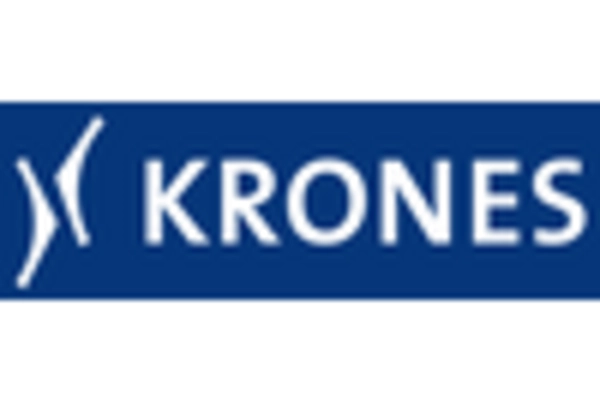
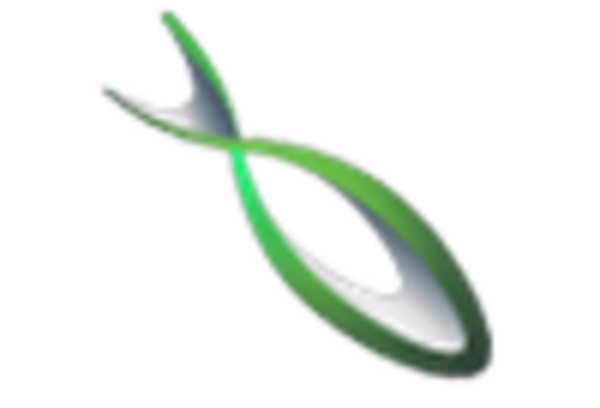

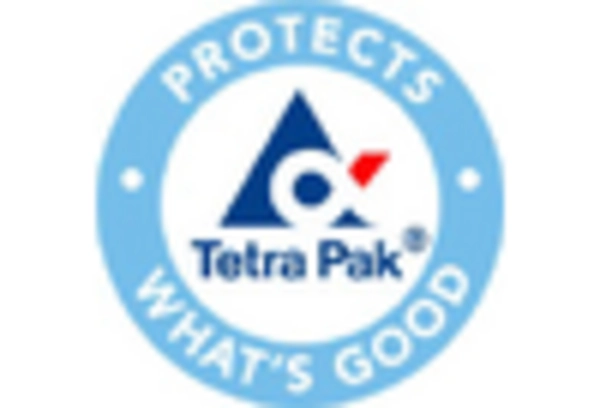









Leave a Comment